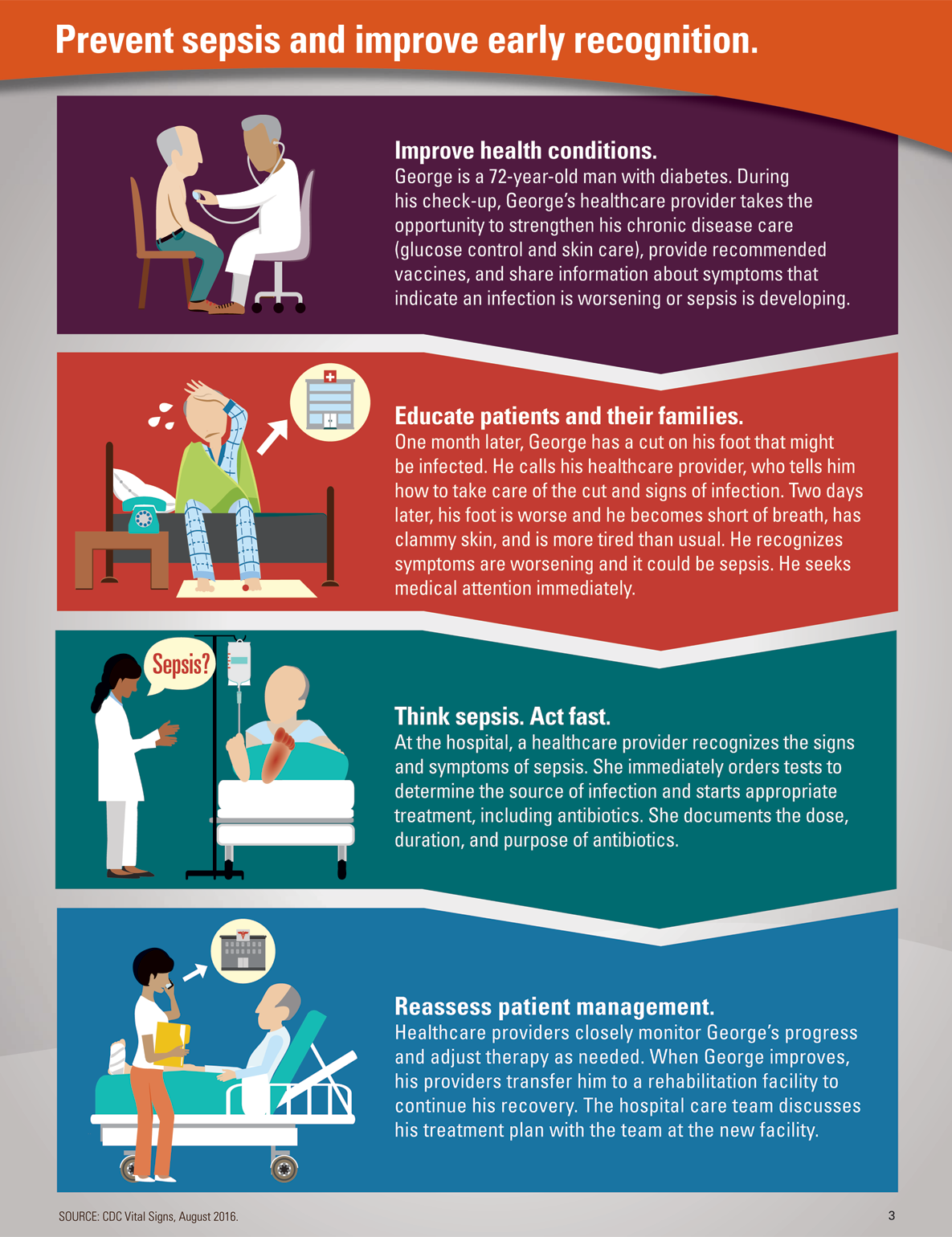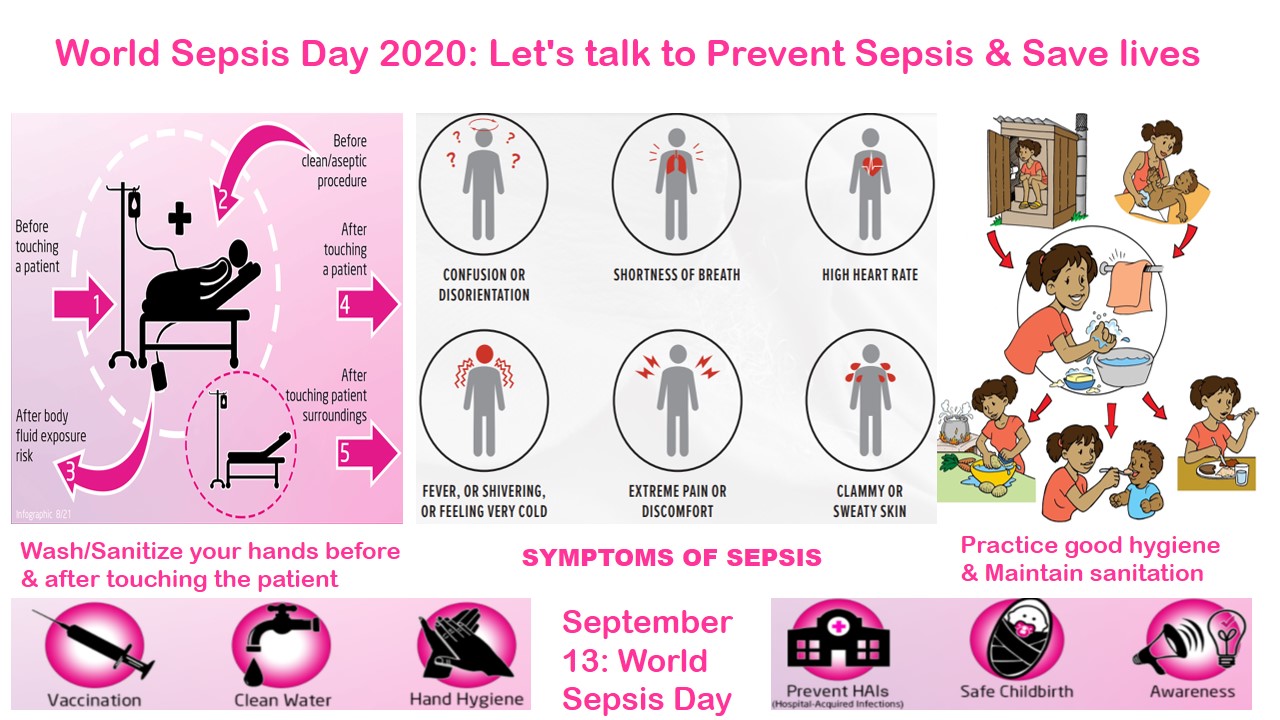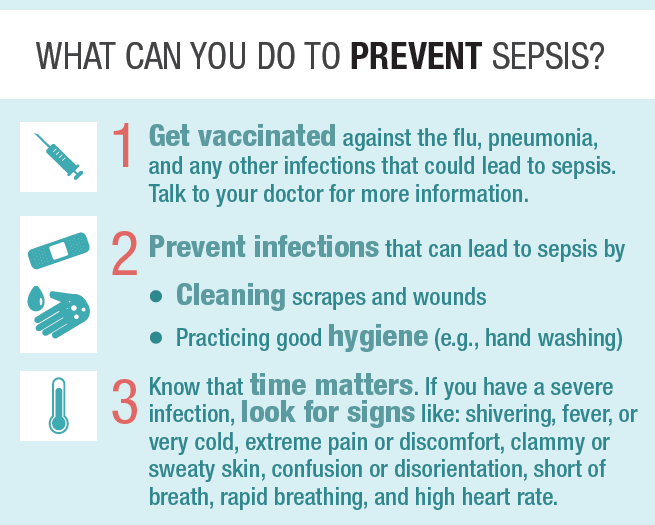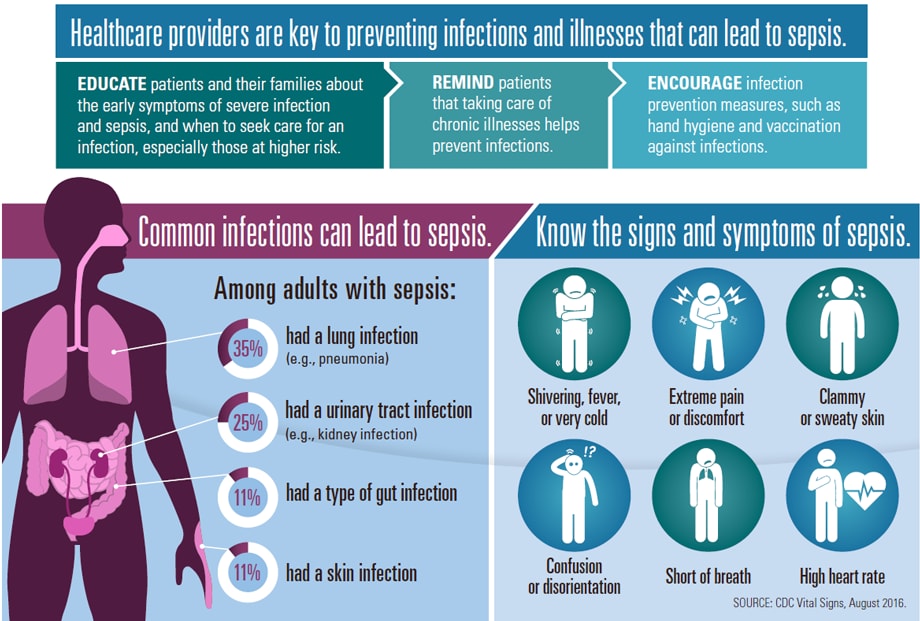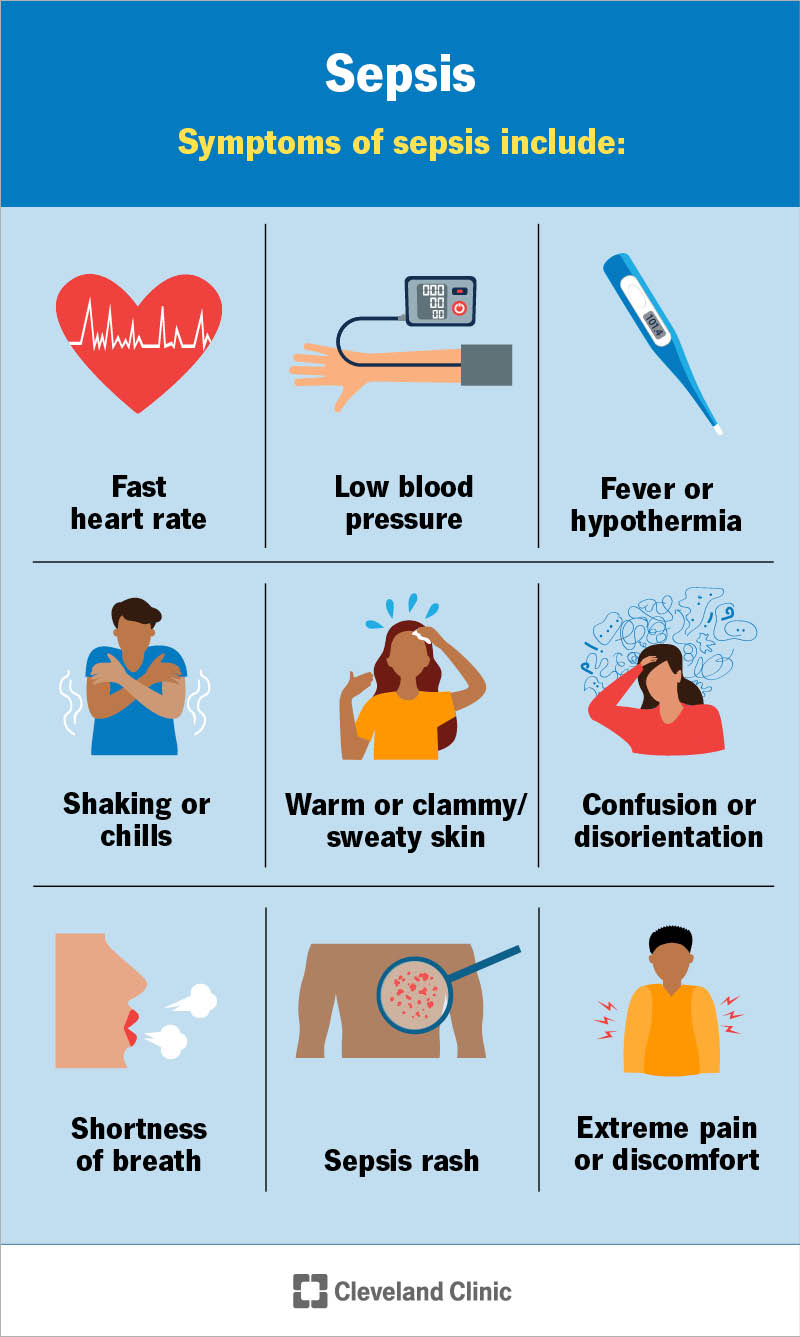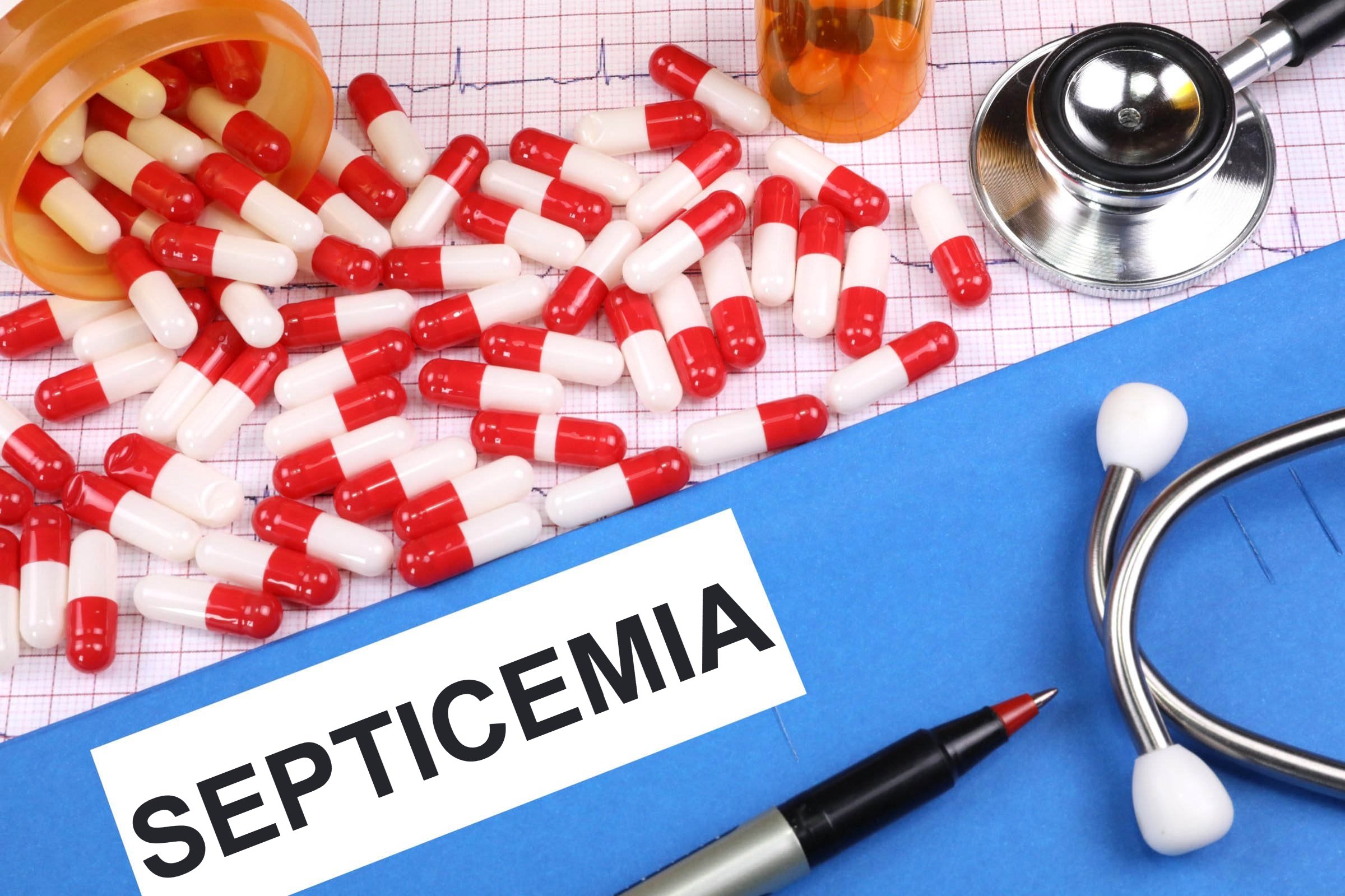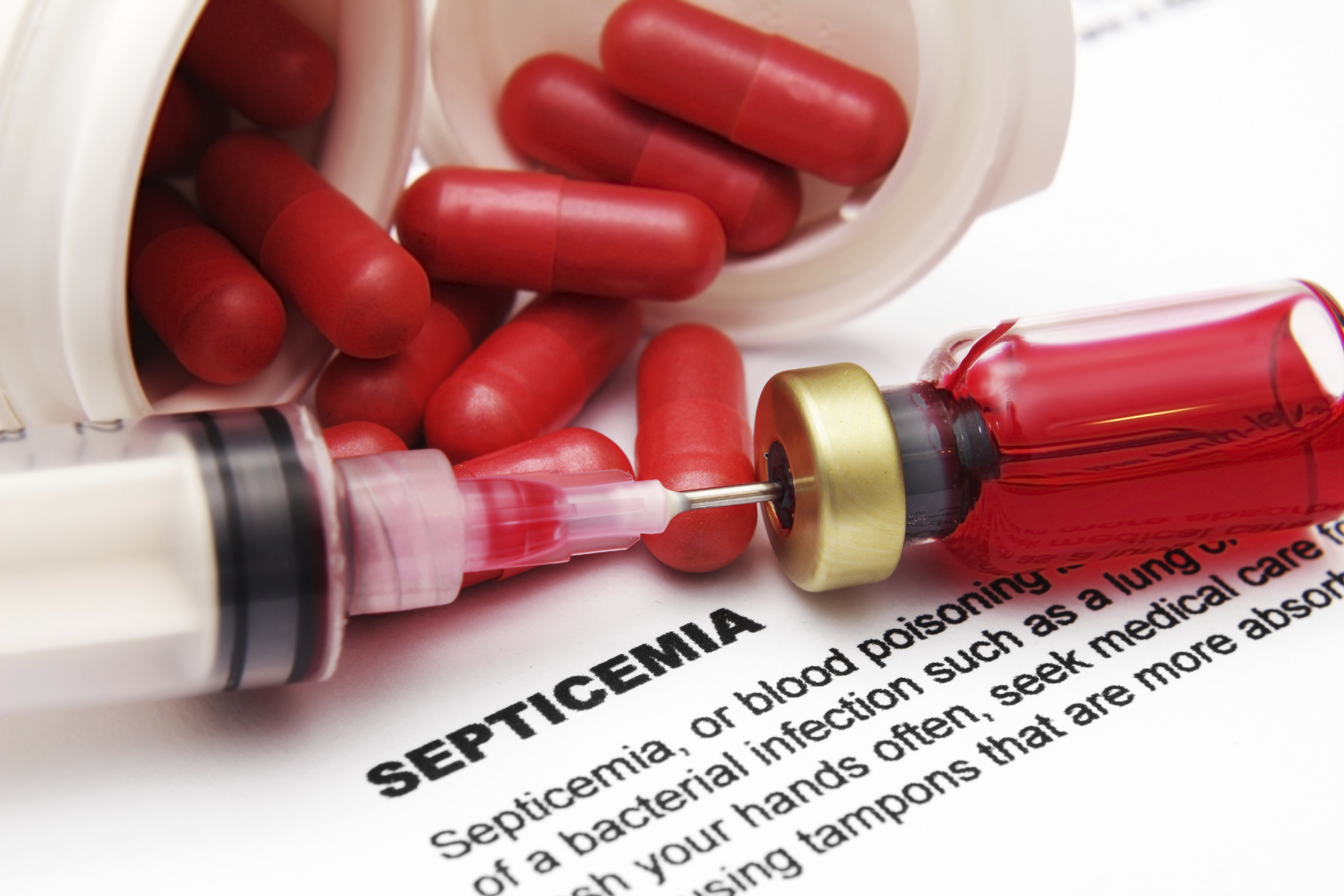Stunning Info About How To Prevent Septicemia

How vaccination can reduce sepsis and save millions of lives.
How to prevent septicemia. Most research indicates that antimicrobial therapy should be started within three hours of presentation. Once sepsis progresses, it has a high rate of severe complications and death. 6 ways to prevent sepsis in the hospital.
It can damage tissue and. Staphylococcus aureus (staph) escherichia coli. Avoid smoking, or try to quit.
Sepsis must be diagnosed early and treated immediately to prevent septic shock. Sepsis can develop very quickly. One of the most important means to control sepsis is regular hand washing.
Giving appropriate treatment, including antibiotics. Improving the prevention, diagnosis and clinical management of sepsis. Doctors often order several tests to try to pinpoint underlying infection.
Prevention of infections and early diagnosis and treatment of sepsis are the best ways to prevent sepsis or reduce the problems sepsis causes. Septicemia, which is sometimes known as blood poisoning, is an infection that occurs when bacteria enter the. Preventing sepsis in adults.
Infections in the intestines or gut. If you already have a compromised immune system, the following precautions can help prevent septicemia: Follow these four steps to reduce your risk of sepsis.
In 2017, around 48.9 million people were affected, and 11 million died from sepsis. Ways of avoiding sepsis include minimizing the risk of infection by having all recommended vaccines and practicing good hand hygiene. 1 prevent infections.
Blood samples are used to test for: Making vaccines work. These 3 germs most frequently develop into sepsis are:
Maintaining blood flow to organs. Talk to your healthcare professional about steps you can take to prevent infections that can lead to sepsis, including: Antimicrobial therapy should also be initiated early.
Research shows that rapid, effective sepsis treatment includes: Although not all infections are preventable, we can significantly. Many of the infections that can lead to sepsis.

